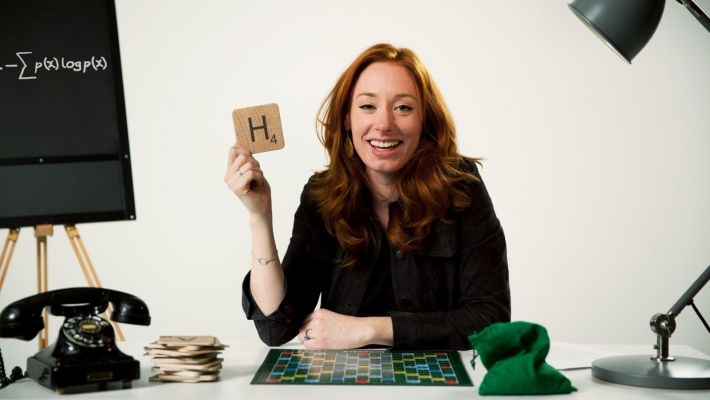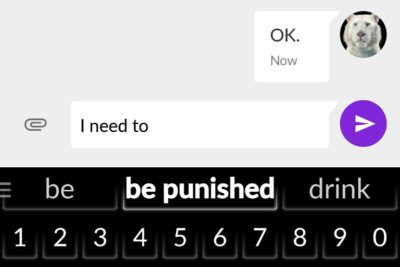A hot redhead with a posh accent talking about Shannon information theory. I got rather aroused.
The Joy of Data (BBC4), billed as a hi-tech romp through the currency of our age, was good clean fun, presented by Hannah Fry, a bright young mathematician who does for numbers what Brian Cox did for space. She used Scrabble tiles to explain something called Shannon information and set up a “packet-switching sports day” to demonstrate data sharing across networks. In short, Fry made data seem like some magical and benign force wafting around all of us: magnetic, unthreatening, a bit sexy. Like Benedict Cumberbatch in Sherlock, essentially.
What is data, anyway? According to one scientist, it’s the magic word for everything. For another, it results in a reduction in uncertainty … and we could all do with some of that. Basically, data is information and pretty much every person, industry and society relies on it. At its best, it shows us ourselves. At its worst, it erodes our civil liberties.
Fry’s elegant analysis walked us through the age of information, from the industrial revolution to the world’s first business computer (invented by Lyons, the tea and cake manufacturers) and finally to contemporary Bristol, the programmable city of the future with “an open canopy of connectivity”. She introduced us to the engineers who brought about the tech revolution. Such as William Farr, who, in the 1860s, used census data to establish the cause of cholera. Or Claude Shannon, who, by converting speech into code, banished annoying hiss on telephone lines.
The amount of data out there may be thrilling, but it’s exhausting, too: so much information, so little time on this overstuffed planet. And the painful irony is that we may be more connected than ever before, but we are also more alienated. What The Joy of Data failed to explain is how the age of data is also the age of loneliness.





